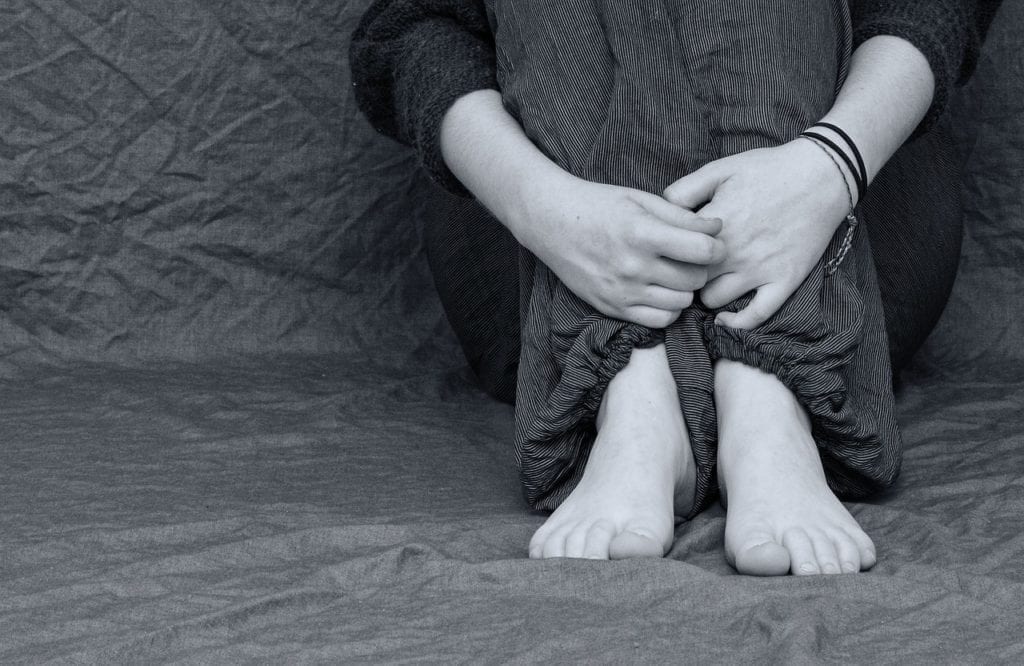Editor’s Note: We believe that patients are a key part of developing and leading the conversation in disease communities. Patient Worthy sometimes partners with reputable agencies that wish to speak with patients about opportunities related to their diagnosed conditions. These opportunities can include activities such as sharing stories with other patients or health professionals about their diagnosis journey or recording video testimonials. To learn more about how to get involved with an opportunity for depression patients, click here.
I have struggled with depression for as long as I can remember. While I used to feel shame in my situation, I no longer do. Depression is not me, but it is something I deal with, learn from, and try and grow through. However, outside of my doctor’s office, I have seen innumerable pieces of advice on how to “cure” my mood disorder. How to feel better. One big suggestion? Changing up my diet.
There are explanations on how the Mediterranean diet might improve my mood. I’ve heard how reducing sugar and caffeine might lower my anxiety. But according to Florian Thomas-Odenthal’s thesis, and the findings published in PLOS ONE, this link between depression and diet may not be as strong as we think.
In fact, argues Thomas-Odenthal, researchers draw stronger conclusions than the data allows for. As a result, the ideas we’re listening to could be based on…well, almost nothing.
Research
For his thesis, Thomas-Odenthal analyzed a total of 50 review articles on diet and depression. These were broken down into 24 narrative (literature) reviews, 14 meta-analyses, and 12 systematic reviews. He argues that meta-analyses, which require more studies and sources, never solidly link diet and depression. These conclusions are spread through narrative reviews. In fact, around 1/3 of these narrative reviews strongly concluded that diet and depression are linked. Interestingly, these conclusions are grounded on 45% fewer studies. As a result, Thomas-Odenthal argues:
“If you take all the experimental evidence together, no strong link can be found between your diet and preventing depression.”
Ultimately, this is not to say that eating certain ways won’t lift your mood or give you more energy. Personally, I experience lower anxiety if I skip coffee in favor of tea. Sometimes chocolate makes me smile. Eating more raw vegetables may provide energy. However, Thomas-Odenthal concludes that there is no direct link between changing your diet and inhibiting depression.
Depression
According to the Mayo Clinic, depression is:
a mood disorder that causes a persistent feeling of sadness and loss of interest. Also called major depressive disorder or clinical depression, it affects how you feel, think and behave and can lead to a variety of emotional and physical problems.
Unlike normal sadness, depressed feelings can interrupt your functioning and daily life. Symptoms must be present for 2+ weeks for a diagnosis. These symptoms vary between children, teens, and adults. However, they include:
- Irritability or frustration
- Poor school or work performance
- Feelings of sadness or hopelessness
- Clinginess
- Unintended weight loss or difficulty gaining weight // food cravings and weight gain
- Anxiety and agitation
- Self-harm
- Self-blame and guilt
- Memory difficulties
- Changes in sleep
- Random pain
- Extreme fatigue
- Lack of interest in previously enjoyed activities
- Alcohol or drug use
- Suicidal thoughts
Read the source article here.
Editor’s Note: We believe that patients are a key part of developing and leading the conversation in disease communities. Patient Worthy sometimes partners with reputable agencies that wish to speak with patients about opportunities related to their diagnosed conditions. These opportunities can include activities such as sharing stories with other patients or health professionals about their diagnosis journey or recording video testimonials. To learn more about how to get involved with an opportunity for depression patients, click here.






